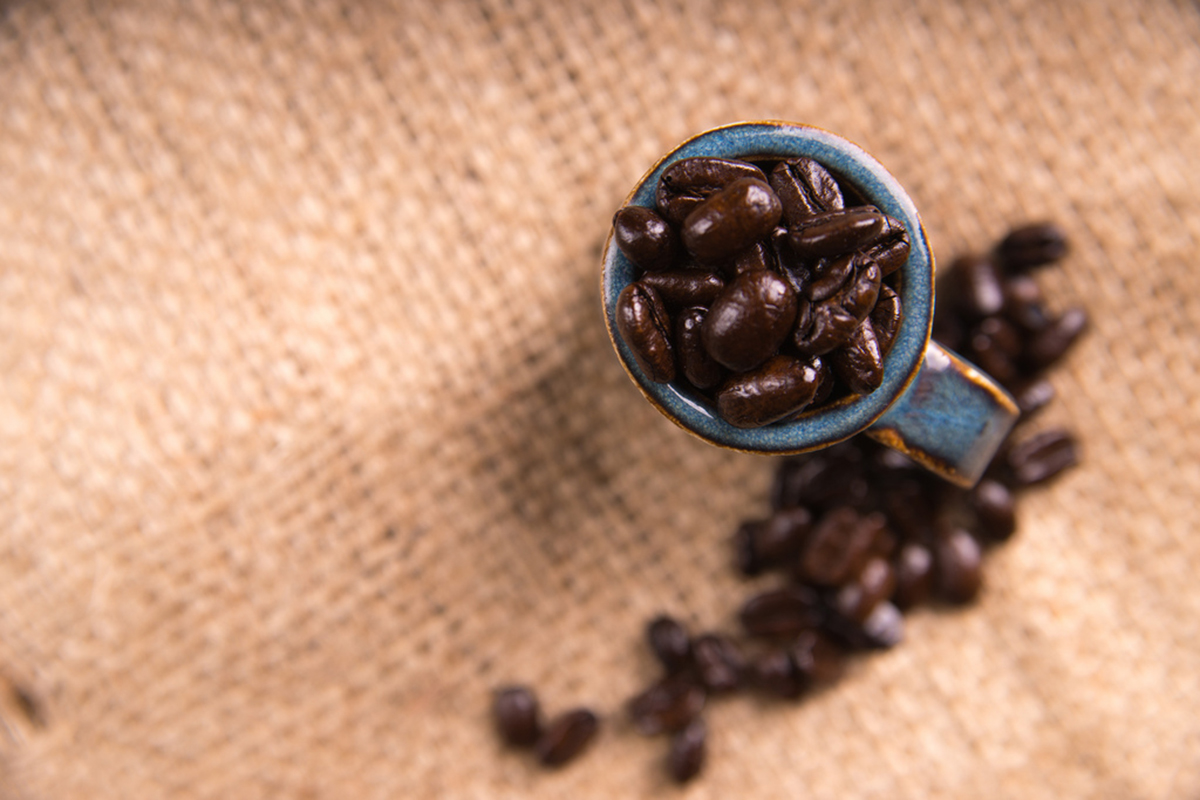Table of Contents
There’s also some research to indicate that caffeine’s fame as a performance enhancing drug sets us up for a fairly strong placebo effect too. Research by Derby University’s Sports Science department indicates that the placebo effects may be equal to the actual effects, which for an athlete means a ‘double bump’ – placebo effects are real, after all!

The other issue is how much caffeine you need to use to get the sports enhancing effects. Scientists have thought for some time that intakes of about 5 to 6 milligrams per kilogram of body weight (about 3mg/lb) was necessary for athletes to get the full effect of caffeine and unlock their true potential.
However, Louise M. Burke, the head of the sports nutrition department of the Australian Institute of Sport in Canberra, has a different take. She found that athletes get the full suite of caffeine effects with as small an intake as 1mg per kilogram of their body weight, meaning that an average-sized, 80kg (176lb) male athlete would have to drink only 4 ounces of coffee to get the full effects – rather than the 20 ounces he was encouraged to drink previously!
There are other benefits to caffeine than the sports effects. Caffeine improves reaction times – a major plus for drivers, where a split second can literally save lives – and it also increases the rate at which short term memories are converted into long term ones in the brain, resulting in improved learning abilities that are especially helpful for college students. Caffeine improves cognitive function too, meaning you can think better and more effectively when you have a cup of coffee. Finally, caffeine acts on the parts of the brain that detect carbon dioxide in the blood, making them more sensitive. As a result, caffeine tends to increase blood oxygen as users breathe more deeply. The jury’s back: Whether you have a race or an exam, a cup of Joe is just the thing, evidently.
Read More: Ten Surprising Caffeine Myths And Facts
So what are the drawbacks?
No pro comes without a con, and caffeine is no exception.
Caffeine is a diuretic, meaning it causes water to be taken out of the blood by the kidneys and transferred to the bladder where it must be passed as urine. The contribution to dehydration that this effect makes has been vastly overstated, though; modern medical opinion is that habitual coffee drinkers become acclimatised to this effect very quickly – within a few days – and the coffee they drink does not dehydrate them. Intense coffee drinkers may, however, need to go to the restroom more often. The other common side effect, increased heart rate and blood pressure, is also one that habitual users become immune to very quickly.
The major downsides to caffeine use are that it tends to keep you awake, and there are short term side effects of overconsumption including headaches, nausea and anxiety. The short term side effects usually wear off in a few hours, but the half life of caffeine in the body – the time it takes to get rid of half the amount of caffeine in your cells – is about four hours. If you drink a cup of coffee at lunchtime your system will still be running on caffeine fumes at 3AM, meaning that you’ll struggle to sleep if you used caffeine as a workout supplement or to study more effectively. It’s in anxiety and lack of sleep that the downsides of caffeine use show themselves: otherwise it’s pretty harmless and almost entirely beneficial; and while you can become acclimated to its negative effects, you never become immune to its performance enhancing properties, according to Dr. Tarnopolsky.
- Photo courtesy of Greg Rodgers by Flickr : www.flickr.com/photos/gregrodgers/7523488962/
- Photo courtesy of brian by Flickr : www.flickr.com/photos/60882028@N08/10703337253/


Your thoughts on this